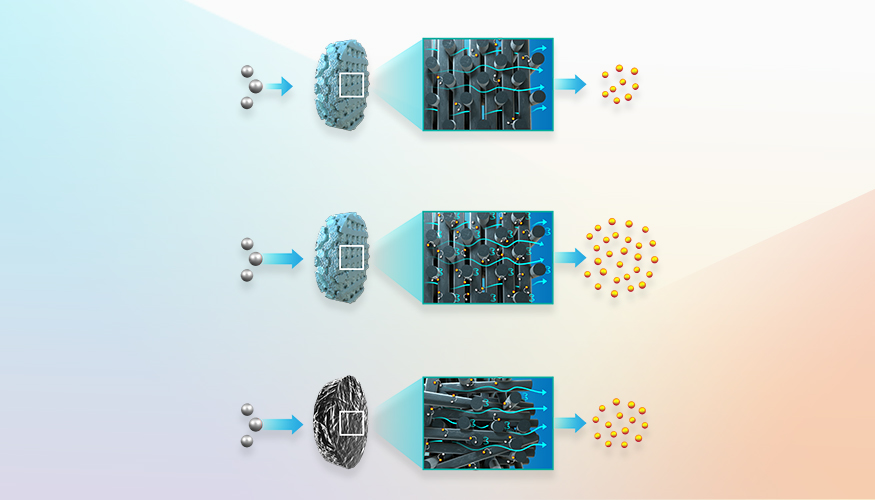To address this issue, researcher Minho Kim has published a paper on a new approach to pre-doping lithium-ion capacitors with multiwalled carbon nanotubes (MWNTs). Pre-doping involves introducing lithium ions into the anode material before the capacitor is charged, which helps to increase energy density and reduce the risk of internal short circuits. In this study, Kim used pre-lithiated MWNTs as the anode material, which showed improved electrochemical performance compared to conventional MWNTs.

The research was conducted using (brand name removed) lithium-ion hybrid capacitors, which are a type of lithium-ion capacitor that uses both anode and cathode materials. The pre-doping approach was found to be fast and efficient, and showed promising results in terms of increasing energy density and reducing the risk of short circuits. The research could have important implications for the future development of China Lithium Ion Capacitors and Lithium Capacitor.
In summary, lithium-ion capacitors are a promising energy storage solution, but they face challenges when it comes to internal short circuits. Minho Kim's research on pre-doping with pre-lithiated MWNTs offers a potential solution, and could help improve the performance and safety of lithium-ion capacitors in the future. As China continues to invest in renewable energy technology and electric vehicles, the development of more efficient and reliable energy storage will be crucial, and lithium-ion capacitors could play a key role in this transition.